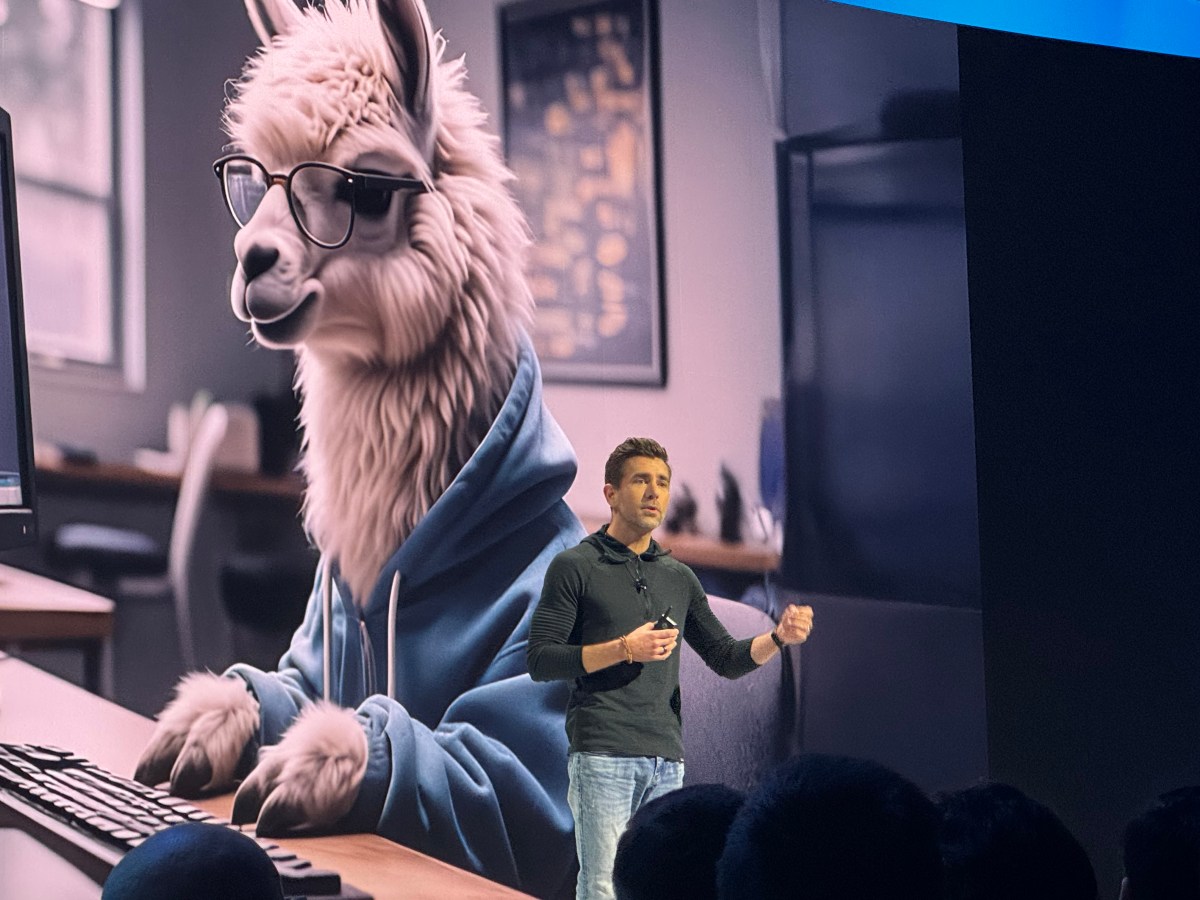LlamaCon: Meta Challenges OpenAI's Dominance in the Large Language Model Arena
Meta's recent LlamaCon conference sent ripples through the AI world, marking a bold challenge to OpenAI's established dominance in the large language model (LLM) landscape. The event showcased Meta's commitment to open-source AI, contrasting sharply with OpenAI's increasingly closed approach. This shift has significant implications for the future of AI development and accessibility.
Open-Source vs. Closed-Source: A Defining Battleground
For years, OpenAI held a significant lead in the LLM space, largely due to its powerful models like GPT-3 and GPT-4. However, their recent shift towards a more proprietary and closed-source model, driven by commercial considerations, has opened the door for competitors like Meta. LlamaCon highlighted Meta's dedication to an open-source approach, offering researchers and developers access to its Llama family of LLMs. This contrasts directly with OpenAI's strategy, fueling a debate about the ideal path for AI development.
Llama 2: A Key Player in Meta's Offensive
The star of LlamaCon was undoubtedly Llama 2, the latest iteration of Meta's LLM. This model represents a significant leap forward in performance and capabilities, directly competing with OpenAI's offerings. Meta's decision to make Llama 2 available under a permissive license is a game-changer, potentially democratizing access to advanced AI technology.
- Improved Performance: Llama 2 boasts significant improvements in accuracy, reasoning, and overall performance compared to its predecessor. Independent benchmarks have shown it to be competitive with, and in some cases surpassing, closed-source models.
- Enhanced Accessibility: The open-source nature of Llama 2 allows developers to build upon and customize the model, fostering innovation and accelerating progress in the field. This contrasts sharply with the limitations imposed by OpenAI's closed ecosystem.
- Commercial Viability: Meta has partnered with Microsoft to offer Llama 2 through Azure, making it readily accessible for commercial applications. This strategic move further solidifies Meta's position as a major player in the LLM market.
Implications for the Future of AI
The implications of Meta's open-source approach are far-reaching:
- Increased Innovation: Open access to powerful LLMs fosters a more collaborative and dynamic research environment, potentially leading to faster innovation and breakthroughs.
- Reduced Barriers to Entry: Smaller companies and independent researchers now have a more accessible path to developing and deploying AI applications, promoting a more diverse and competitive landscape.
- Ethical Considerations: Open-source models also bring ethical considerations to the forefront. While promoting transparency, they also increase the risk of misuse. The open community will need to address these challenges proactively.
Conclusion: A New Era of Competition?
LlamaCon signifies a pivotal moment in the evolution of large language models. Meta's challenge to OpenAI's dominance is not just a commercial battle; it's a philosophical one, highlighting the ongoing debate about the best approach to AI development and deployment. The open-source approach offers immense potential for innovation and accessibility, but also presents new challenges that need to be carefully addressed. The coming years will be crucial in determining the ultimate impact of this shift. The competition is on, and the future of AI hangs in the balance.
Keywords: LlamaCon, Meta, OpenAI, Large Language Model, LLM, Llama 2, Open Source, AI, Artificial Intelligence, GPT, GPT-3, GPT-4, AI Development, AI Accessibility, Technology News
Call to Action: What are your thoughts on the open-source vs. closed-source debate in the LLM space? Share your opinions in the comments below!

